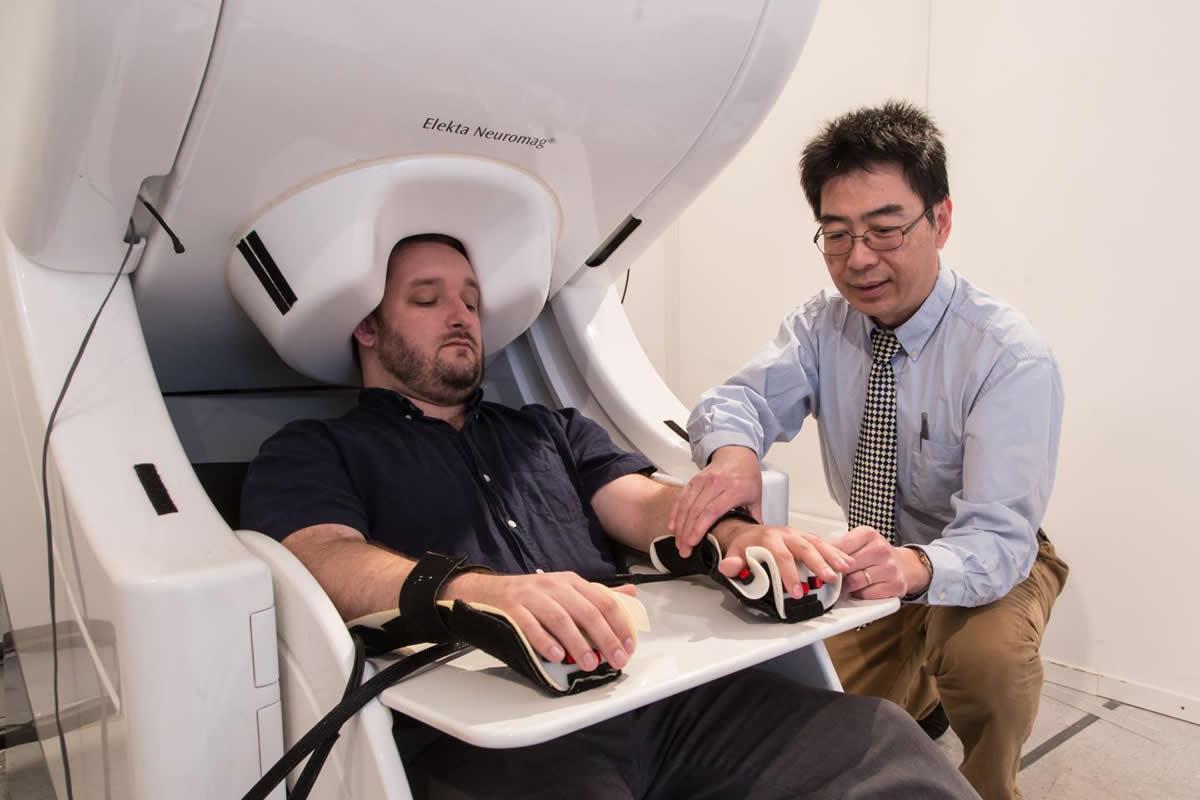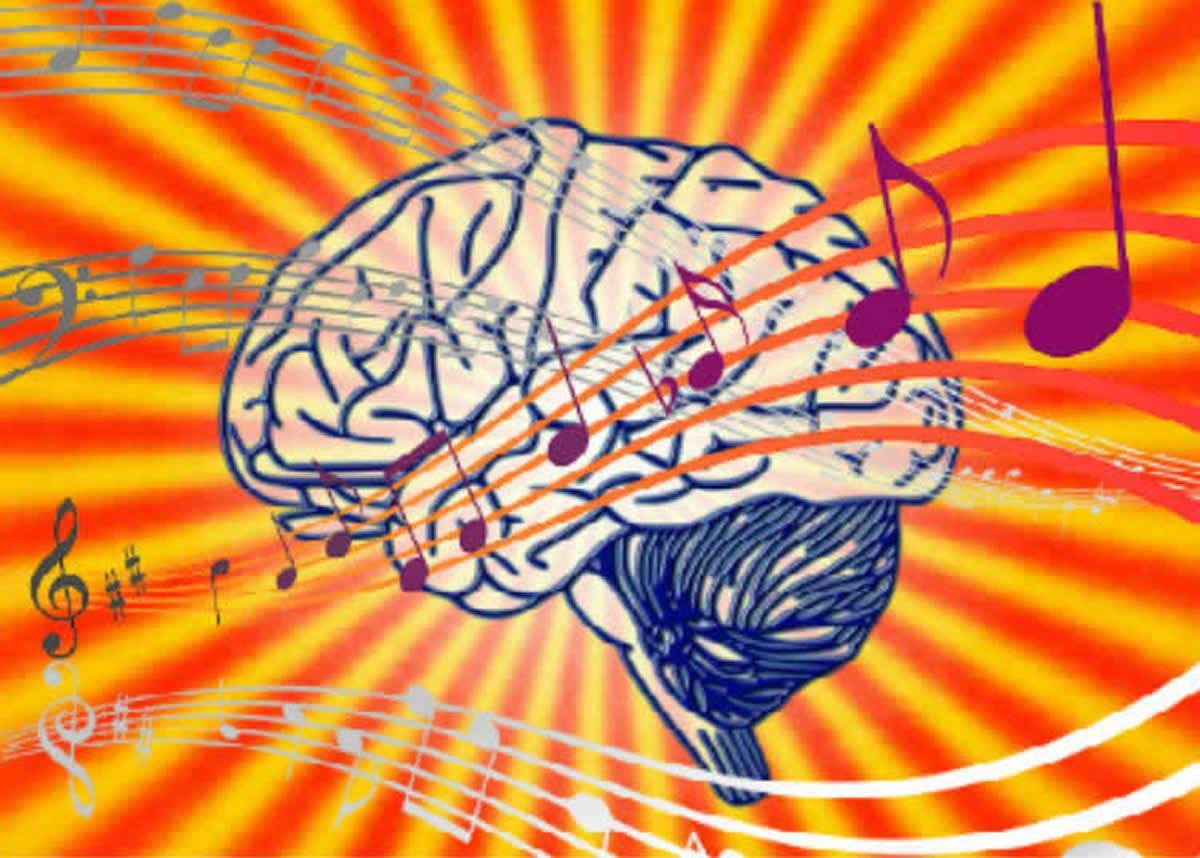A new study funded by the Department of Veterans Affairs (VA) and the Navy finds that veterans and service members with a history of combat-related mild traumatic brain injury–compared with those in a control group–have much higher levels of abnormally fast brain waves in a region that plays a key role in consciousness. The findings appeared in the journal Cerebral Cortex in May 2019. Using a neuroimaging process called MEG, the researchers concluded that the fast, or high-frequency, gamma waves were “markedly elevated” in two of the four lobes of the cerebral…
Read MoreCategory: Brain
Dietary fats entering the brain may explain link between obesity and depression: Mouse study
Obesity and depression have long been linked, with previous clinical studies finding an association between these two conditions. However, until now, the mechanisms of how obesity affects depression and vice versa have not been fully understood. Now, in a new study led by the University of Glasgow in collaboration with the Gladstone Institutes, and published today in Translational Psychiatry, scientists have been able to demonstrate the links between the consumption of diets high in saturated fats that lead to obesity and the development of depression phenotypes. They have also found that…
Read MoreMathematical framework explores how the brain keeps a beat
A new mathematical model demonstrates how neurons in the brain could work together to learn and keep a musical beat. The framework, developed by Amitabha Bose of New Jersey Institute of Technology and Aine Byrne and John Rinzel of New York University, is described in PLOS Computational Biology. Many experimental studies have established which brain areas are active when a person listens to music and discerns a beat. However, the neuronal mechanisms underlying the brain’s ability to learn a beat–and then keep it after the music stops–are unknown. Bose and his…
Read MoreChatterbox parents may boost tots’ intelligence
Researchers have found that young children who are exposed to large amounts of adult speech tend to have better cognitive skills. The major new study, led by researchers at the University of York, identified a link between kids who heard high quantities of adult speech and their nonverbal abilities such as reasoning, numeracy and shape awareness. The researchers gained unprecedented insight into the secret lives of pre-schoolers by fitting tiny audio recorders into the clothing of children aged two to four. The experiences of 107 children and their interactions with…
Read MoreNew view on the mechanisms of how the brain works
After a series of studies, researchers at Lund University in Sweden, together with colleagues in Italy, have shown that not only one part, but most parts of the brain can be involved in processing the signals that arise from touch. The results open the way for a new approach to how the brain’s network of neurons processes information, and thereby the mechanisms by which the brain works. The researchers conducted in-depth analyses of how touch signals are transferred and processed in neurons of various parts of the brain and the…
Read More




